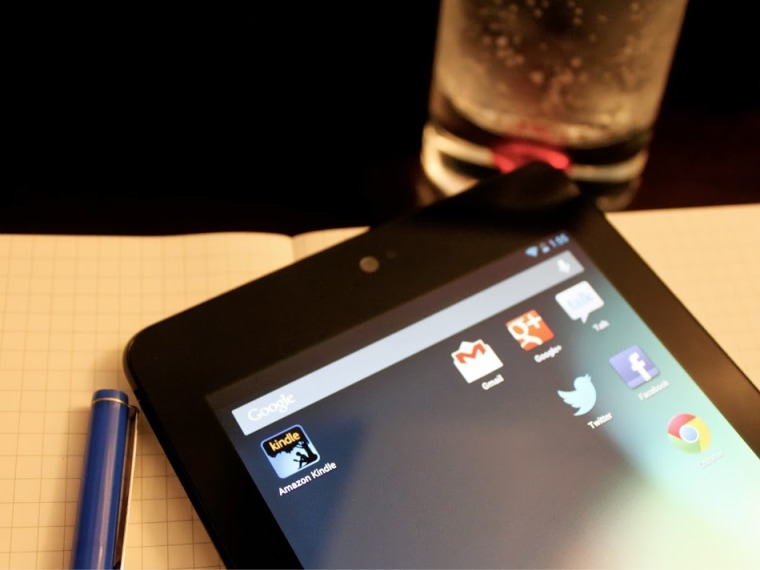Most writing teachers believe that digital tools — from wikis to whiteboards — make it easier to teach writing, but say they worry about plagiarism and informality in their students' work, according to a new survey from the Pew Research Center’s Internet & American Life Project.
More than 2,400 Advanced Placement (AP) and National Writing Project (NWP) middle- and high-school teachers were asked about the use of digital tools including interactive whiteboards, wikis, websites, blogs, and collaborative Web-based tools (such as Google Docs) as sources of help for writing.
"In addition to giving students low ratings on their understanding of fair use and copyright, a majority of AP and NWP teachers also say students are not performing well when it comes to 'appropriately citing and/or referencing content' in their work," the study found.
"This is fairly common concern among the teachers in the study, who note how easy it is for students today to copy and paste others’ work into their own and how difficult it often is to determine the actual source of much of the content they find online."
Those issues have become so important that 88 percent of the teachers said they spend class time talking to students about the concepts of "citation and plagiarism," while 75 percent make sure they talk about the notions of fair use and copyright with their students.
While 50 percent of teachers responded that they believe digital tools make it easier to teach writing, 18 percent are under the impression that such things make the process more difficult, according to the survey.
Teachers also said they view social network sites, cellphones and texting as "generally" helping teens with personal expression and creativity. But they also note the influences of those digital tools in the "creep" of informal style into formal writing assignments.
Sixty-eight percent of the teachers surveyed said that digital tools make students more likely to "take shortcuts and put no effort into their writing," 46 percent suggested that students are more likely to "write too fast and be careless," and 30 percent described their students ability to navigate fair use and copyright issues as "poor."
Only 15 percent of teachers said that their students were "excellent" or "very good" about appropriately citing content. (37 percent responded that their students were "fair" about the process, while 20 percent said their students' tendency to cite material appropriately was "poor.")
It's not all bad news though: 50 percent of surveyed teachers believe that digital tools actually make it easier to teach writing.
"Teachers do have concerns that digital tools are blurring the lines between formal and informal writing and see writing skills that need improvement," Kristen Purcell, associate director for research at the Pew Internet Project, points out, "but they also see the benefit of students having more people respond to their writing and the increased opportunities for expression these digital tools offer."
Want more tech news or interesting links? You'll get plenty of both if you keep up with Rosa Golijan, the writer of this post, by following her on Twitter, subscribing to her Facebook posts, or circling her on Google+.
